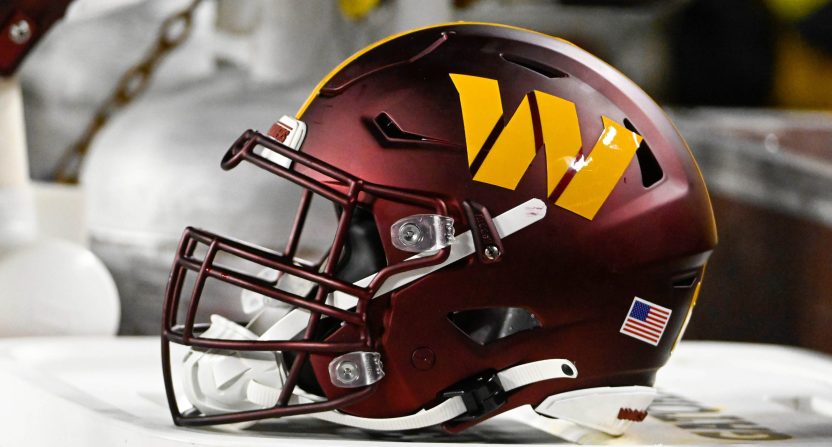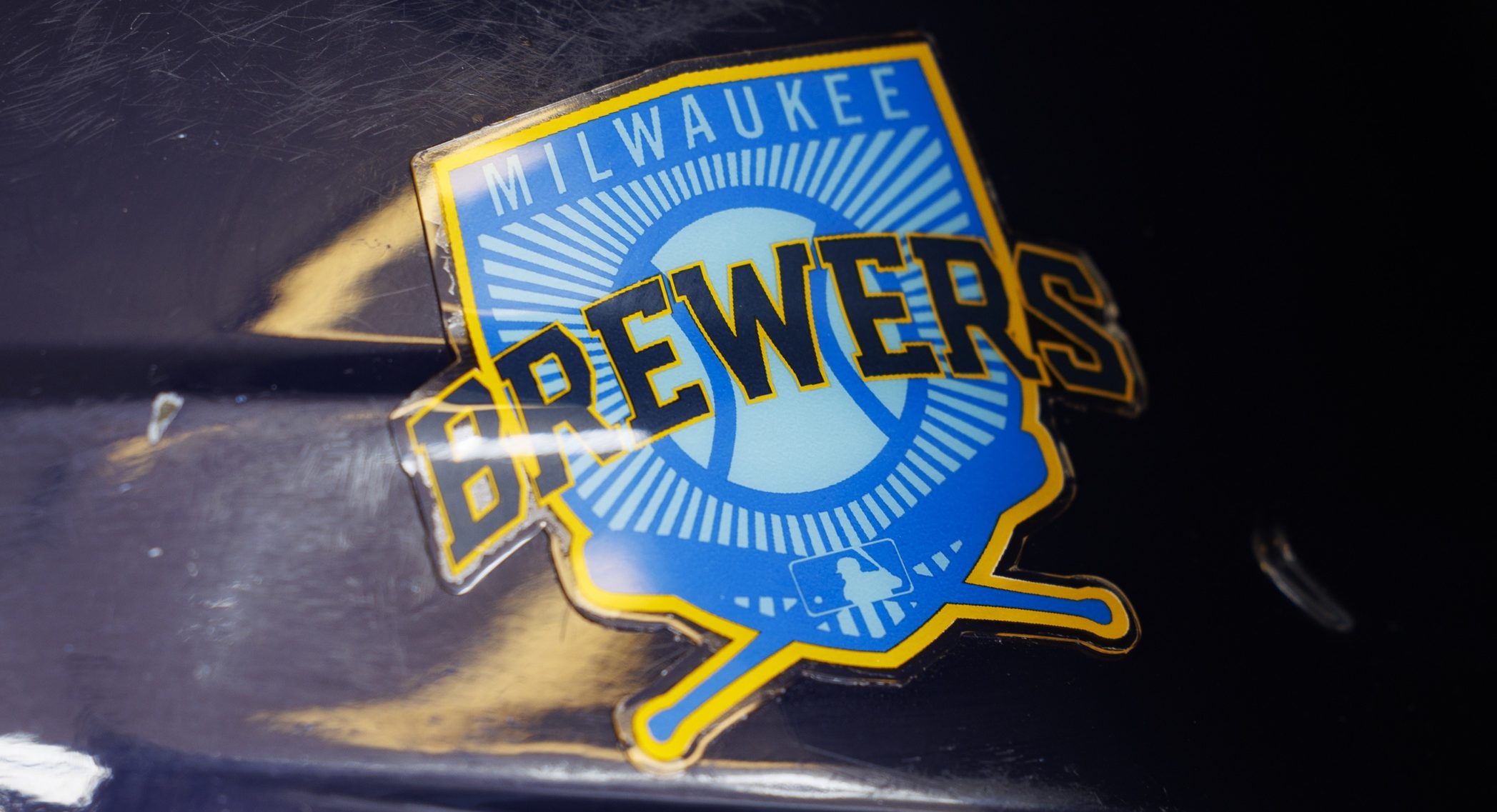While the sale of the NFL’s Washington Commanders from Daniel and Tanya Snyder to a group led by Josh Harris seems to still be moving forward despite some concerns from other owners, it’s an unsuccessful bid that’s currently getting the headlines. That’s a bid from former Duke and NBA basketball player Brian Davis, who claimed to offer $7.1 billion for the team (more than a billion higher than the Harris-led bid of $6.05 billion), but offered little to support him having that money (and specifically, little to support him having the NFL-required 30 percent of the price himself). Now, Davis’ company, Urban Echo Energy, is suing Bank of America (which oversaw the sale process) over a claimed failure to present his bid to the Snyders, and seeking $500 billion in damages:
BREAKING: Brian Davis's company, Urban Echo Energy, sues Bank of America in connection with Commanders sale.
Plaintiff alleges it made an offer to purchase the Commanders for $7.1B, which BoA failed to properly notify Dan Snyder of. UEO claims Snyder would have accepted it. pic.twitter.com/gbmu1EOpcR
— Jason Morrin (@Jason_Morrin) May 19, 2023
NEW on @FOS: Brian Davis' company is suing Bank of America — the firm handling the sale of the Washington Commanders — for $500 billion. A breakdown about what this federal lawsuit is all about. Commanders are not defendants. https://t.co/9psVZjNToO
— A.J. Perez (@byajperez) May 20, 2023
Here’s more from that piece by Perez:
The lawsuit alleged that $5.1 billion was sent by Urban Echo and transferred to Bank of America in two different transfers. Included in the court filings were images of two alleged copies of the bank drafts dated March 8.
“Upon information and belief, BOA never made the Snyders aware of the existence of the bank drafts,” Davis’ attorney Jeffery T. Martin wrote in the complaint.
…Davis alleges that Bank of America “failed to deposit the bank drafts” that originated from Citibank into his Bank of America account.
“As a result of BOA’s wrongful detention of Urban Echo’s property, Urban Echo has suffered damages, consisting of the return of Plaintiff’s $5,100,000,000.00 and additional damages in an amount to be proven at trial,” Martin wrote.
There have been countless questions about Davis, his company, and the funding involved in his bid. And those only continued with the images of bank drafts the Urban Echo filing here included, which attorney Daniel Wallach discussed on Twitter:
But the source of that $5B bank draft raises more questions than it answers. The bank draft—attached as an exhibit to Davis’s sworn statement—was issued from a Citibank account belonging to the “Estate of Severino Garcia Sta. Romana,” and was signed by the Estate administratrix. pic.twitter.com/jrk9Teevq3
— Daniel Wallach (@WALLACHLEGAL) May 20, 2023
More on the Philippines gold: https://t.co/jDzFzsutvb pic.twitter.com/R4NUxoiDnf
— Daniel Wallach (@WALLACHLEGAL) May 20, 2023
Meanwhile, Davis himself gave some remarkable comments on the source of his funds in an April interview with The Sports Junkies on 106.7 The Fan DC. Here are some key parts of that discussion from Mike Florio’s Pro Football Talk writeup of it:
Before delving into that, consider what Davis had to say regarding reports that his financial backing traces to Saudi Arabia: “My money comes from white people . . . who are Jewish, Italian, and Sicilian.”
Regardless of where the other 70 percent comes from, Davis must have 30 percent of the purchase price as his own money, not as any investment or money given to him by partners or whoever. He was pressed on that point.
“What I hope to do and what we’re planning on, is to have acceptance from Mr. Snyder, but what I’m going to show Mr. Snyder is that my partners allow me to have ten and a half billion in my account,” Davis said. “Seven billion to give to Mr. Snyder and Mrs. Snyder, two billion for the liquidity requirement, one billion to begin the restoration of the stadium. Our plan for the stadium is to keep the stadium, restore it, add a translucent, retractable roof to give it a 12-month life cycle.”
…“I have 100 percent,” Davis said when it was explained that he’s simply the front man for others. “A hundred percent means you can have other investors. These guys with the Magic Johnson group, they have 20 investors. So they have to go through 20 background checks. Twenty different. I have one investor. That investor is me, right? . . . It’s my money. It’s my money. It’s my money because I sold my intellectual property. . . . They’re my partners, because they want me to be the only partner so I don’t have the issues that these guys are going to have with 20 different partners.”
And Davis and his companies have been sued many times, including over a past failed bid to buy the Memphis Grizzlies. And there’s little proof of him doing anything to earn anywhere near this level of money. So the Davis story was already very strange. And now it’s stranger still following the filing of this lawsuit.







